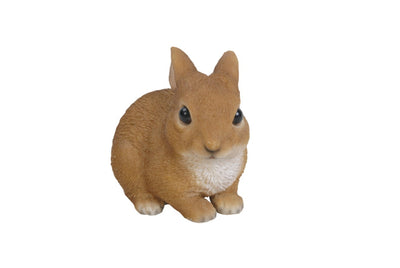Metal vs. Wooden Benches: What Stands Out in Cold and Hot Weather?
Choosing between a metal bench and a wooden bench for your outdoor space can be tricky, especially when considering seasonal weather conditions. Both materials offer unique advantages and drawbacks in hot and cold climates, affecting durability, comfort, and maintenance. Whether you need a wooden entry bench for a rustic touch or a contemporary outdoor metal garden bench, understanding their weather resistance helps make the right choice.
Black Birds And Branches Garden Bench
1. How Metal Benches React to Different Weather Conditions
Metal Benches in Hot Weather
✔ Heats Up Quickly – Metal absorbs heat, making it hot to the touch under direct sunlight.
✔ Best in Shaded Areas – Placing a black aluminum garden bench under a tree or pergola prevents overheating.
✔ Durable & Weather-Resistant – Powder-coated metal benches withstand UV exposure without warping or fading.
✔ Airflow Design Helps Cool Down – Benches with cut-out patterns or mesh seats reduce surface heat.
💡 Tip: Add a bench cushion to protect against overheating while maintaining comfort.
Metal Benches in Cold Weather
✔ Becomes Cold to Sit On – Metal retains cold temperatures, making it uncomfortable in winter.
✔ Resistant to Snow & Rain – A cast aluminum garden bench doesn’t absorb moisture, preventing rot or swelling.
✔ Can Be Slippery When Frosted – Metal surfaces may become icy and slick, requiring extra caution.
💡 Tip: Use warm cushions or a throw blanket to make sitting more comfortable during winter months.
2. How Wooden Benches Handle Seasonal Changes
Wooden Benches in Hot Weather
✔ Remains Cooler Than Metal – Wood doesn’t absorb heat as fast, making it more comfortable to sit on in summer.
✔ Prone to Sun Damage – Constant exposure can cause fading, drying, and cracking over time.
✔ Best in Partial Shade – A wooden entry bench under a covered patio maintains longevity.
💡 Tip: Apply a UV-resistant sealant to protect wooden surfaces from sun damage.
Wooden Benches in Cold Weather
✔ Doesn’t Feel as Cold as Metal – Wood retains some natural warmth, making it more comfortable in winter.
✔ Absorbs Moisture – Rain, snow, and ice can cause warping, swelling, or mold growth.
✔ Requires Regular Sealing – A protective weatherproof coating helps prevent winter damage.
💡 Tip: Store or cover wooden benches in winter to prolong their lifespan.
3. Which Bench is Better for Your Climate?
✔ For Hot Climates: A white aluminum garden bench reflects heat better than darker metals and is easy to maintain.
✔ For Cold & Wet Climates: Wood requires extra care, but a treated, weatherproof wooden bench lasts longer with maintenance.
✔ For Year-Round Use: A powder-coated outdoor metal garden bench offers durability with minimal upkeep.
Final Thoughts
Both metal and wooden benches have their advantages depending on the weather conditions in your area. If durability and low maintenance are key, metal benches are a great choice. For natural warmth and comfort, wooden benches offer timeless appeal. Choose wisely based on your climate, placement, and maintenance preference to enjoy long-lasting outdoor seating! 🌿✨


















